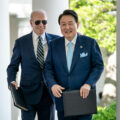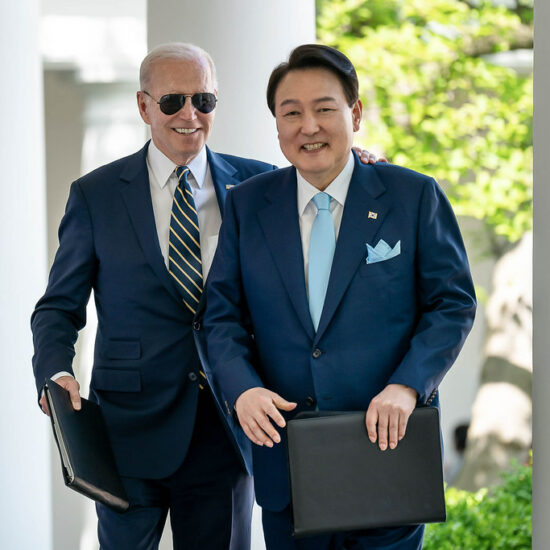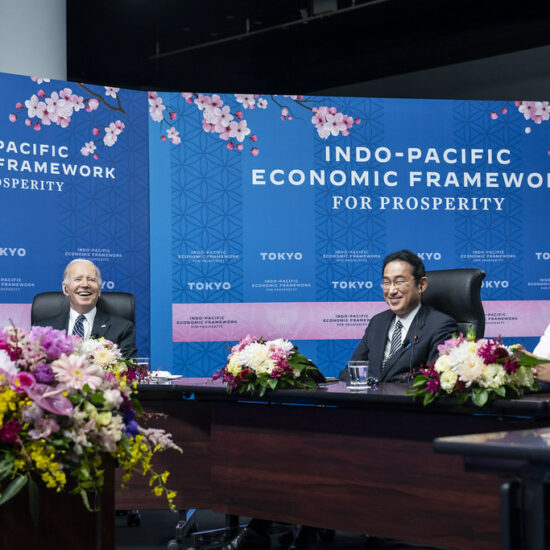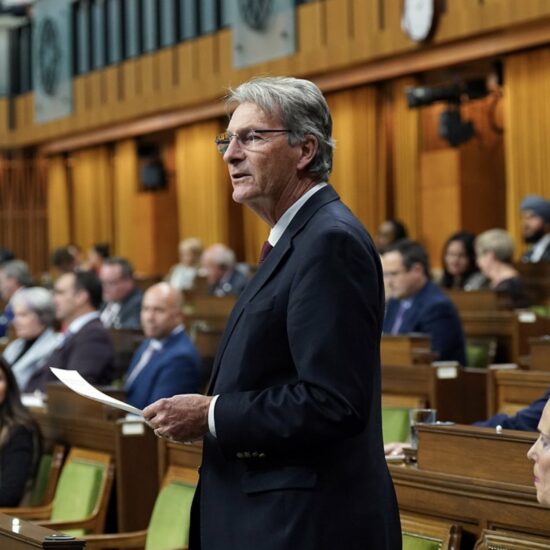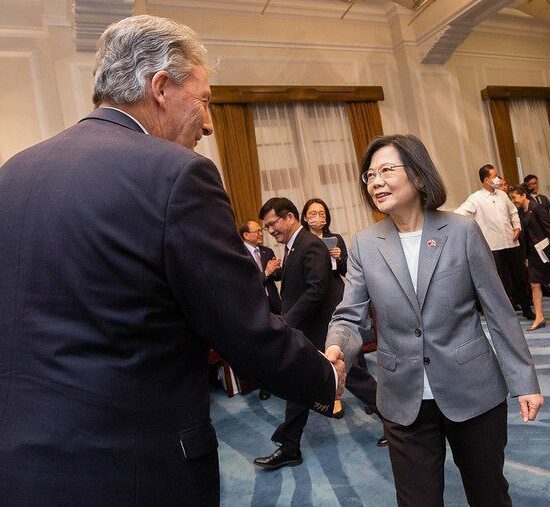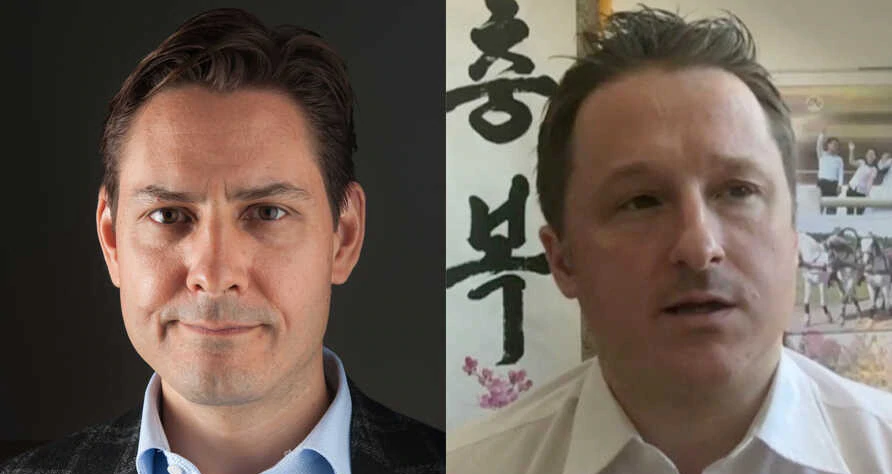
This article originally appeared in The Hill Times.
The Wall Street Journal recently revealed that the officials at the U.S. Justice Department have discussed the possibility of entering into a “deferred prosecution agreement” with Huawei’s CFO Meng Wanzhou to end the extradition process. Through this agreement, in exchange for accepting certain allegations and admitting wrongdoing, prosecutors would potentially lift the charges laid against her. When asked if the Canadian government is aware of such discussions, Justice Minister David Lametti said that he “can’t comment on that kind of speculation.”
In late 2018, Beijing detained two Canadians Michael Kovrig and Michael Spavor. The ‘two Micheals’ continue to languish in solitary confinement. Consequently, the arbitrary detention of two Canadian citizens significantly damaged bilateral relations between Ottawa and Beijing. While Washington’s cold war on Beijing was deemed essential to the Trump administration’s ‘America First’ strategy, President Trump’s politicization of the arrest of Meng Wanzhou and his administration’s failure to fulfill the promise of resolving the issue vis-à-vis US-China trade negotiations, undermined American credibility in the eyes of its closest ally. The crisis merely displayed the United States’ disregard for the negative repercussions of the extradition request for Canada.
On the other hand, while Ottawa had the legal authority to end the extradition process, the federal government was concerned about enraging Canadian public opinion, projecting weakness, undermining Canada’s judicial independence, and angering a temperamental and unpredictable U.S. president. Prior to the arrest, the United States imposed a 10% tariff on Canadian aluminum, along with slapping a 25% tariff on Canadian steel, citing national security purposes. The Trump administration also forced the renegotiation of NAFTA and concluded the USMCA agreement. Following the trade deal, the White House continued to increase tensions by imposing tariffs on Canadian aluminum in August 2020. At last, amid the COVID-19 pandemic, the Trump administration impeded Canada’s import of N95 masks, undermining Canadian health security. In this context, the unilateral release of Meng Wanzhou could’ve further deteriorated Canada’s bilateral relations with the Trump administration. Ottawa concluded that only Washington and Beijing can resolve the crisis. However, the phase 1 trade agreement between the United States and China, signed in January 2020, failed to resolve the Meng case. Henceforth, the Trudeau government opted to buy time instead, hoping for Trump’s defeat in the US presidential elections.
Fortunately for Canada, Trudeau’s wait-and-see approach paid off. This change in the White House presents an opportunity to negotiate for a solution to secure the release of two innocent Canadians. In his first call with President-elect Biden, Trudeau discussed the cases of the two Michaels and most likely asked for American cooperation on securing their release. The news regarding a possible plea deal in releasing the Huawei CFO might be a sign that Donald Trump’s defeat has lowered US-China tensions. While Canada’s degree of engagement in the talks is unknown, it is certain that Canada will insist on securing the immediate release of Kovrig and Spavor in case of any legal breakthrough between Meng and the U.S. Department of Justice.
The Prime Minister has expressed hope for the release of the Canadians before the New Year, citing the federal government’s role in resolving the crisis. Moving forward, if no resolution is reached before inauguration day, the Trudeau government has an opportunity to argue its case to the new White House to resolve Meng’s case and secure the release of the two Michaels. Joe Biden can resolve this case as the first goodwill gesture to Canada, improving strained bilateral relations between the two North American neighbours.

